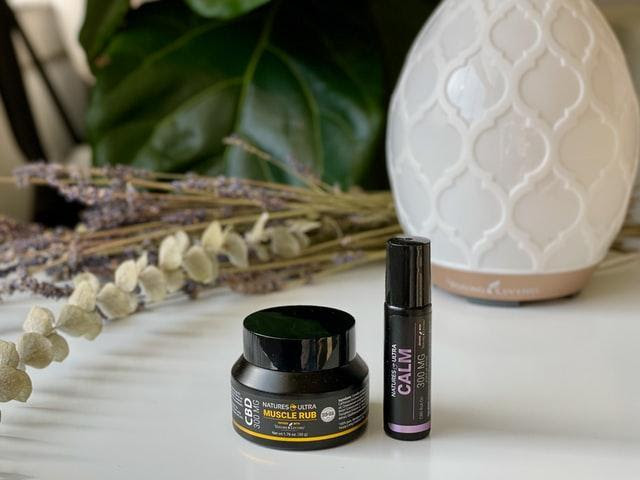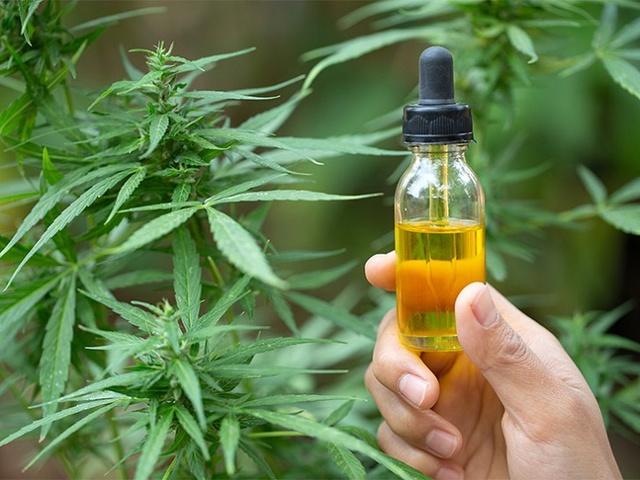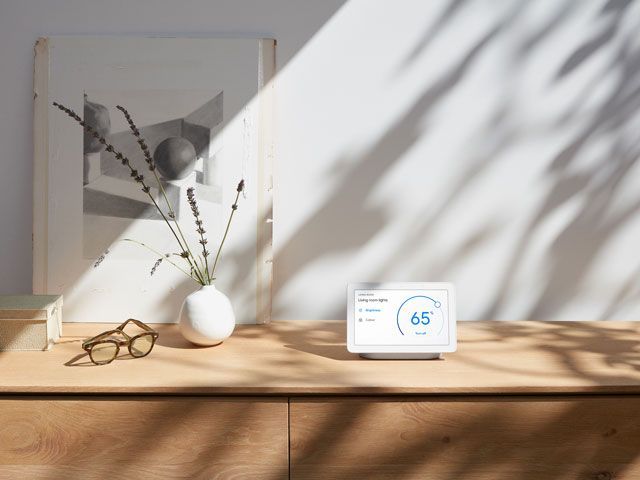CBD and Mental Health
In recent years, there has been a growing interest in the potential therapeutic benefits of cannabidiol (CBD) for mental health conditions such as depression and post-traumatic stress disorder (PTSD). As research continues to uncover the mechanisms behind CBD’s effects on the brain and body, more individuals are turning to this natural compound as a complementary or alternative treatment option. Let’s delve deeper into the relationship between CBD and mental health, specifically its promising role in alleviating symptoms of depression and PTSD.
Understanding CBD
CBD is one of over a hundred cannabinoids found in the hemp plant. Unlike its counterpart, tetrahydrocannabinol (THC), CBD does not induce psychoactive effects commonly associated with hemp consumption. Instead, CBD interacts with the body’s endocannabinoid system (ECS), a complex network of neurotransmitters and receptors responsible for regulating various physiological functions, including mood, sleep, appetite, and stress response. Check out their webpage to get more useful tips and information about CBD and mental health.
CBD and Depression
Depression is a prevalent mental health disorder characterized by persistent feelings of sadness, hopelessness, and loss of interest or pleasure in activities. Conventional treatments for depression often include pharmaceutical medications such as selective serotonin reuptake inhibitors (SSRIs) and psychotherapy. However, these treatments may not be effective for everyone and can sometimes cause undesirable side effects.
Research suggests that CBD may offer a promising alternative for individuals struggling with depression. Studies have shown that CBD interacts with serotonin receptors in the brain, similar to SSRIs, potentially enhancing serotonin signaling and promoting mood stabilization. Additionally, CBD’s anti-inflammatory and neuroprotective properties may help mitigate the neurochemical imbalances associated with depression, providing relief from symptoms.

CBD and PTSD
PTSD is a psychiatric disorder that can develop following exposure to a traumatic event, such as combat, sexual assault, or natural disaster. Symptoms of PTSD may include intrusive memories, flashbacks, nightmares, hypervigilance, and avoidance of trauma-related stimuli. While traditional treatments such as cognitive-behavioral therapy (CBT) and medication can be effective for some individuals, there is a need for alternative interventions that address the underlying neurobiological mechanisms of PTSD.
Emerging evidence suggests that CBD may hold promise as a therapeutic agent for PTSD. Preclinical studies have demonstrated CBD’s ability to modulate fear-related memories and improve emotional processing, potentially reducing the severity and frequency of PTSD symptoms. Furthermore, CBD’s anxiolytic properties may help individuals with PTSD manage anxiety and stress responses triggered by trauma-related cues.
Conclusion
In conclusion, CBD shows considerable potential in treating depression and PTSD, offering a natural and well-tolerated alternative to traditional medications. However, it’s essential to note that more research is needed to fully understand CBD’s mechanisms of action and its long-term effects on mental health. Additionally, individual responses to CBD may vary, and it’s crucial to consult with a healthcare professional before incorporating CBD into your treatment regimen, especially if you’re currently taking medications or have underlying medical conditions.
As the stigma surrounding hemp diminishes and scientific interest in CBD grows, we can expect to see further exploration of its therapeutic applications in mental health care. With ongoing research and clinical trials, CBD may emerge as a valuable tool in the treatment of depression, PTSD, and other psychiatric disorders, offering hope for millions of individuals seeking relief and improved quality of life.



